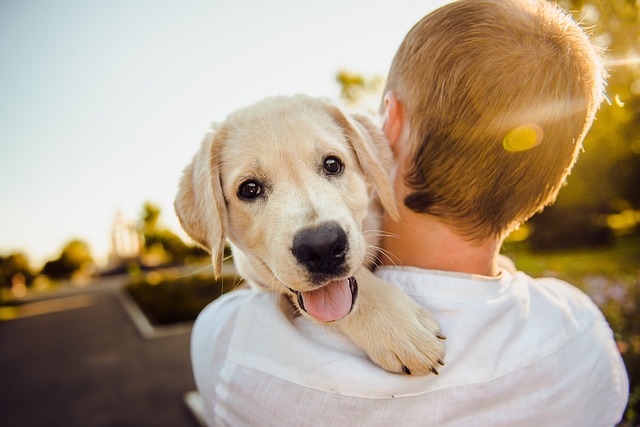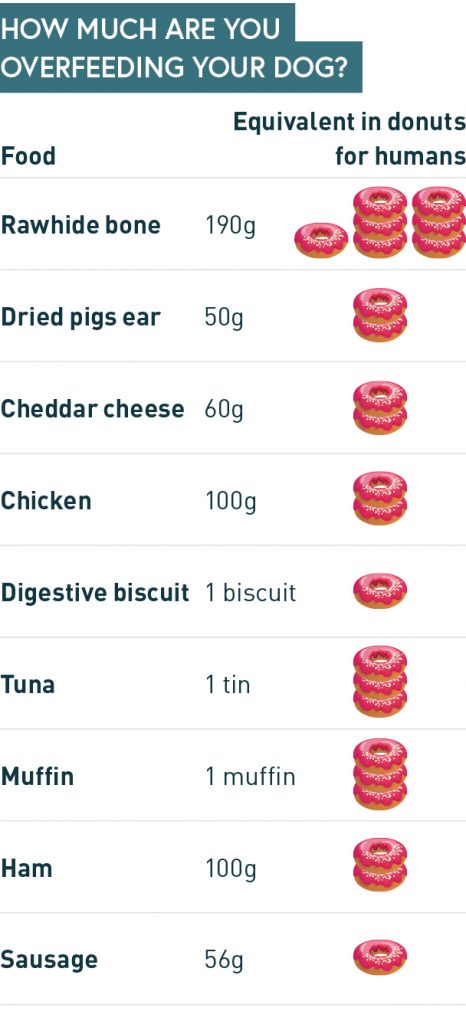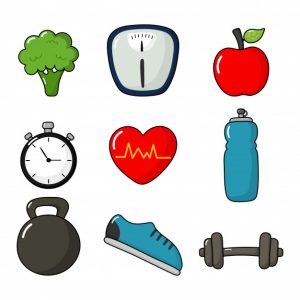Plus-Size Pets

Obesity is one of the biggest health problems seen on a daily basis in veterinary practice. Excess calorie intake is the most likely cause and it is rare for medical problems to cause obesity in pets.
As dogs are scavengers in the wild they have an inherent need to always fill their stomachs as they do not know when their next meal will be. When kept as pets we take this concern away from their bodies, but their instinct remains.
Many cats and dogs that are overweight give off the illusion of being poor eaters and never seem to eat a full meal, (this is often because they are always full). This in turn worries some conscientious owners who feel the need to provide them with even more food and often tastier/human food.
They will often then become accustomed to this and then refuse their well balanced pet food.
This vicious cycle creates a fussy dog that also consumes too many calories.
Our pets are very clever and soon learn how to exploit us and it is our fault for giving in to them.
Interesting Fact: Even giving treats “now and then†acts as “variable reinforcement†and is similar to gambling where the occasional reward makes up for all the failed attempts.
Making food diaries of everything (including table scraps and treats) that your pet eats over several days can be a very useful tool in highlighting the excess that they may be getting.
If you must feed treats please consider taking it out of their daily ration, or feeding healthy treats like apple or carrot.
The table below highlights just how colorific some human food can be to our furry friends:

Remember, dogs are very active creatures, and although exercise is important, increasing their activity alone is often not enough.
Once overweight it is tricky to reduce your pet’s weight and takes a lot of hard work and commitment – your veterinary practice can help you with this and provide weight clinics to guide you and your pet through this process. Ask your vet about calorie-controlled diets as they can be a very useful tool to aid weight loss.
Top Tips
Weighing your pet is good to monitor the trend of your individual pet but you cannot assess if they are overweight simply from this. The right weight for a specific breed varies so much between individuals. The two most useful tools are:
- You should be able to feel your pet’s individual ribs, but not see them.
- They should have a waist and taper in after the ribs.






